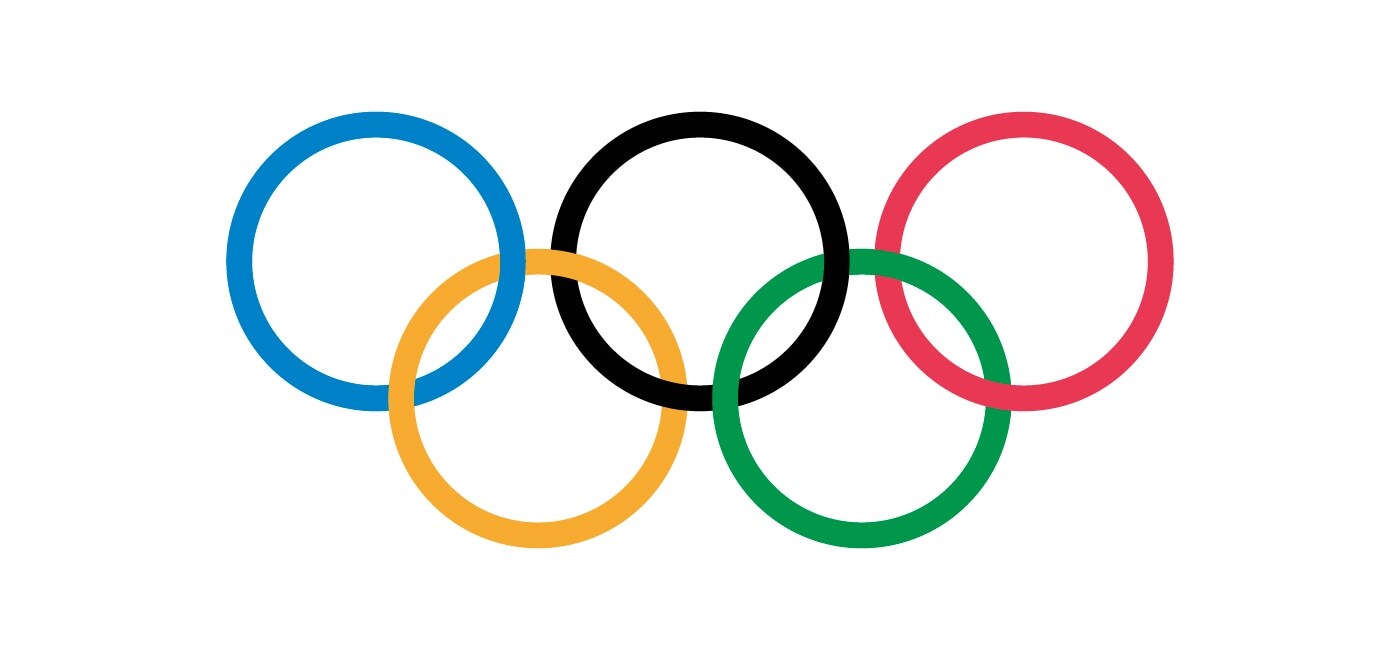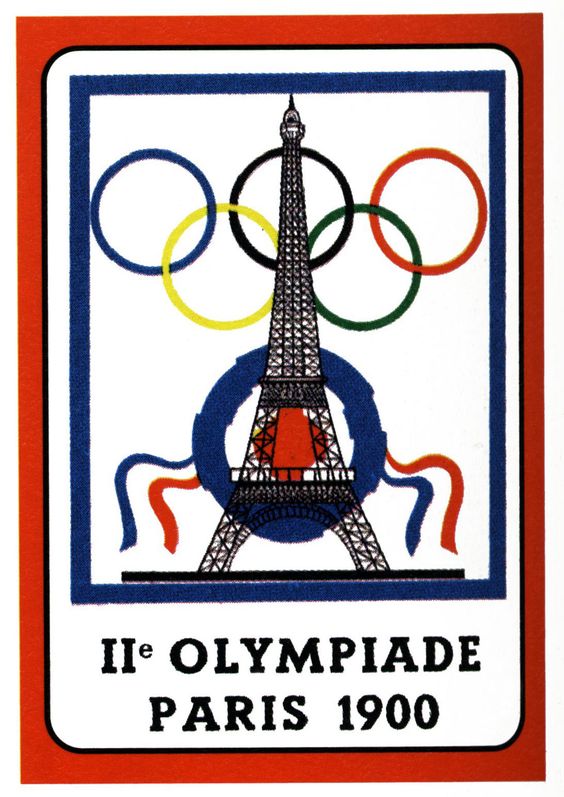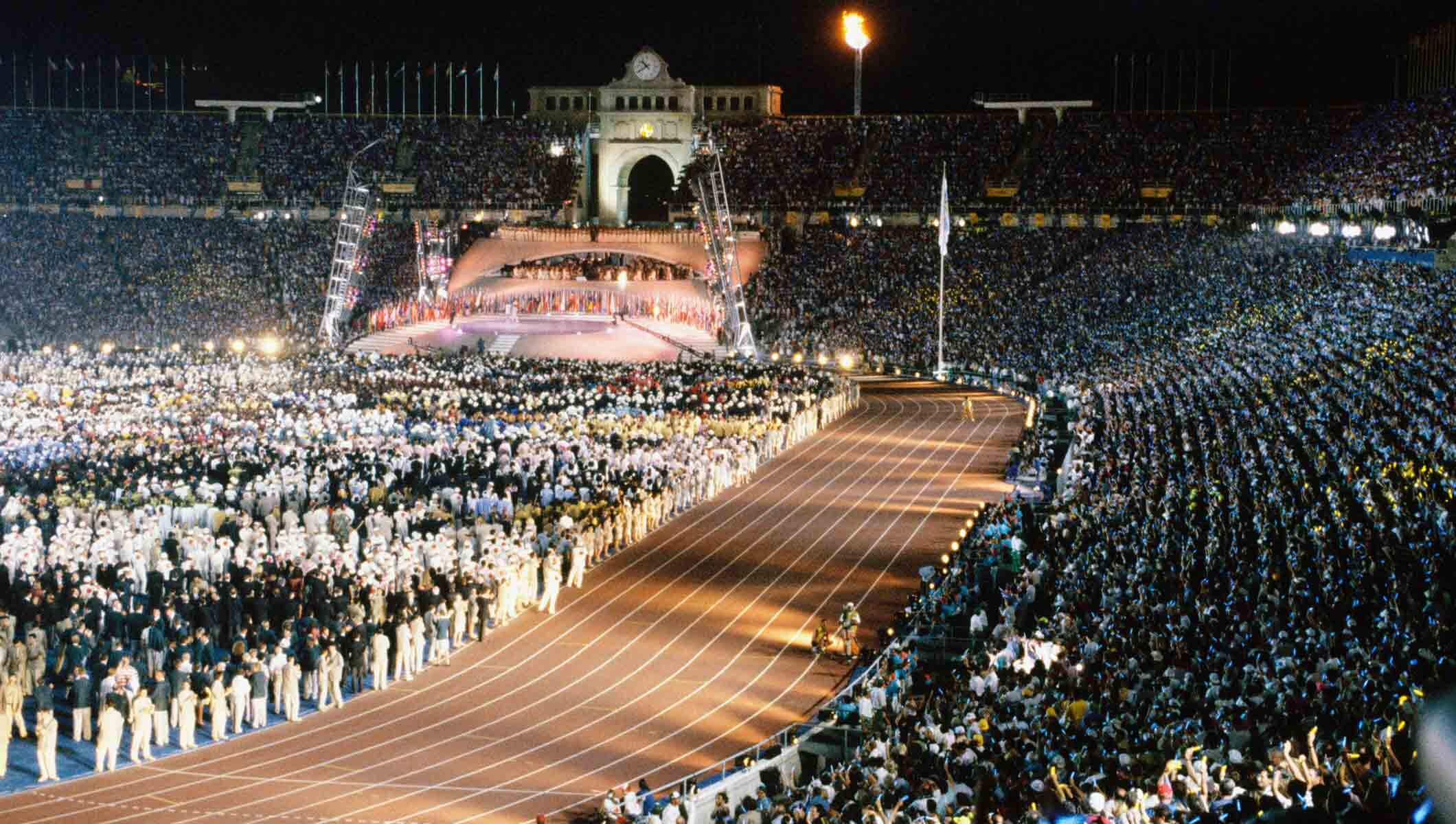The men’s football tournament at this summer’s Olympic Games will be featuring U-23 teams for the 16 nations competing for the right to be recognised as the champions of the beautiful game at the Olympic Games.
Football has been an Olympic sport ever since the inception of the modern Olympic Games except for the 1896 tournament held in Athens and the 1932 edition that was staged in Los Angeles. But, there is a bizarre rule that applies to the men’s football competition in the Games of the Olympiad.

Ever since the 1992 Summer Olympic Games in Barcelona, men’s teams have been obliged to field U-23 players in their national squad for the marquee quadrennial sports event.
Why does this peculiar rule exist at all? Why can’t nations field their full-strength first team? And why do the Olympic Games allow for such rules or provisions in the first place?
FootTheBall will be answering all these burning questions as the entire world prepares for the Tokyo 2020 Games that will kick off on July 23, 2021 in the Japanese capital.
HISTORY OF MEN’S FOOTBALL AT THE OLYMPICS
More than 120 years ago in the year 1900, Paris – the French capital city – hosted the second edition of the Summer Olympic Games. And it was in this tournament that football was first introduced as an Olympic sport.

The FIFA World Cup wouldn’t come into existence for the next three decades when the first-ever edition was staged in Uruguay in 1930. But there was a flipside to the men’s football tournament at the Olympic Games – only amateur players were allowed to take part.
This rule changed when the 1984 Games were held in the city of Los Angeles in the United States as for the first time professional players were allowed to participate.

But once again to preserve the hegemony and reputation of the FIFA World Cup, it was decided that nations from Europe and South America – the world’s duopoly when it came to footballing talent and potential – were only allowed to select players who had never played in the World Cup.
U-23 RULE INTRODUCED IN MEN’S FOOTBALL TOURNAMENT IN 1992 OLYMPIC GAMES
The above-mentioned rule was in force from 1984 to 1992, when it was done away with and it was finally decided that all nations irrespective of the continent or federation they represented would be fielding only players under 23 years of age.
The first-ever Olympic Games to follow this new rule was the 1992 edition held in the city of Barcelona in Spain. Ever since, all qualified nations in the men’s football tournament have fielded U-23 players.

After the successful implementation of this rule in the 1992 Barcelona Olympic Games, it was tweaked for one last time for the 1996 edition held in the city of Atlanta, Georgia in the United States.
During the 1996 Games, three overage players (who were older than 23 years) were permitted to be included in the final squad of all teams who qualified for the men’s football tournament at the Games.
TOKYO 2020 MEN’S FOOTBALL- AN U-24 EVENT?
For the first time in the history of the Games, the Summer Olympic Games event was postponed and rescheduled rather than being cancelled outright.
This happened due to the Covid-19 pandemic as the entire world virtually came to a standstill and sporting events were put on hold.

In the wake of the rescheduling and subsequent delay, FIFA announced that the original cut-off point for the 2020 Summer Olympic Games would not be changed because of the pushed back dates.
NO U-23 REGULATION FOR WOMEN’S FOOTBALL IN OLYMPIC GAMES
In stark contrast, the women’s football tournament – held every year since the 1996 Atlanta Games – does not require teams to field players under 23 years of age exclusively.

As such, women’s teams can field full-strength squads at the marquee quadrennial event to compete for the gold medal that is considered the highest honour in the Games.
Curiously, the same set of players also represent their nation in the FIFA Women’s World Cup that is held the year after the men’s World Cup in the football calendar.
Therefore, it is strange that to this day such a type of rule exists that effectively pays the men’s World Cup an amount of respect and reverence that is not accorded to the women’s World Cup.
With such a move FIFA has effectively consigned the Women’s World Cup to be their “B” tournament, which is why they don’t feel the need to put such a rule in place to preserve the hegemony of their Women’s World Cup.




